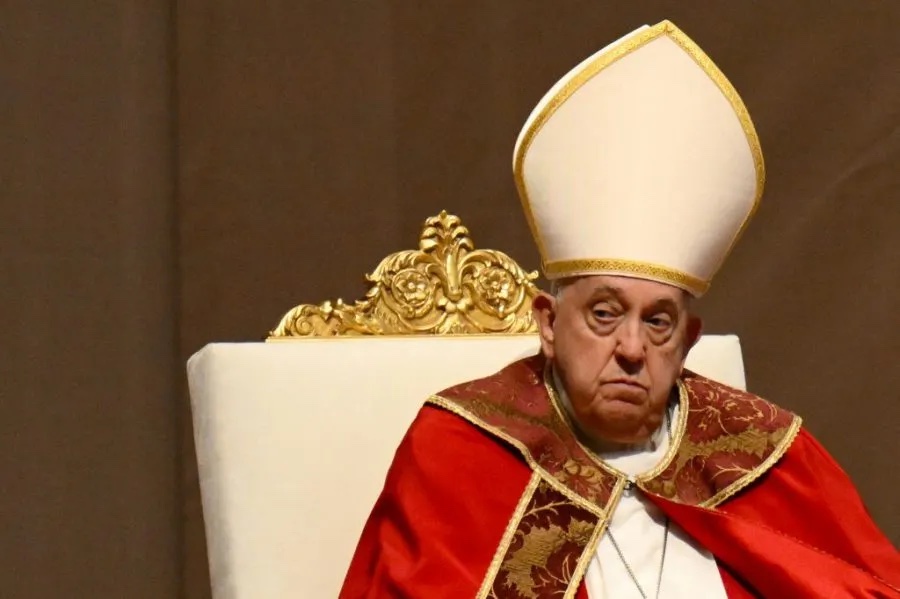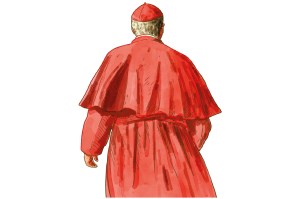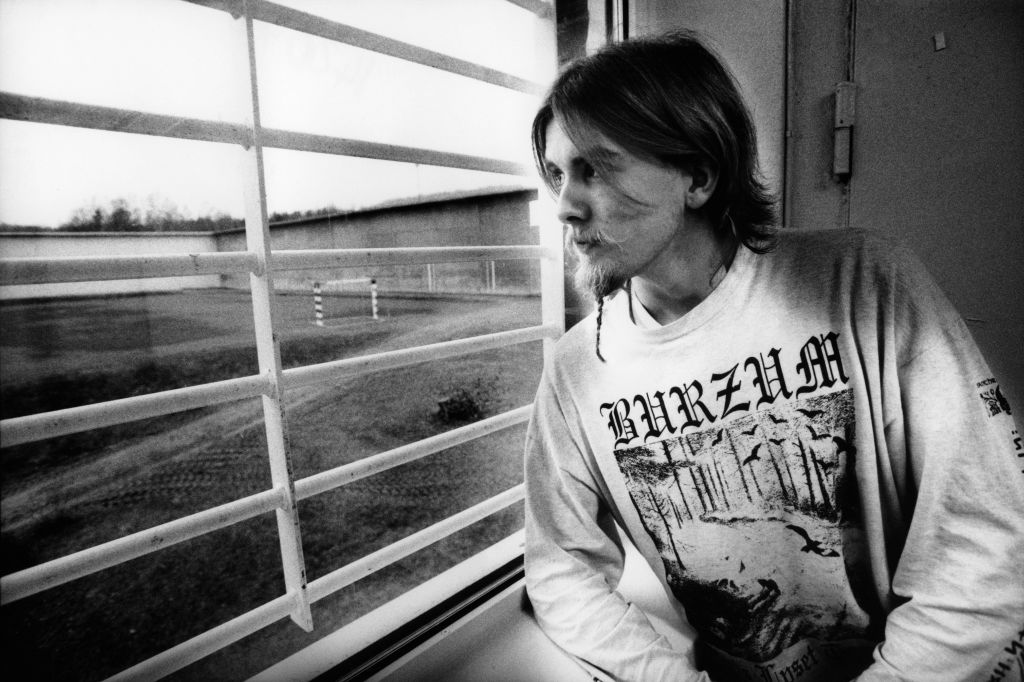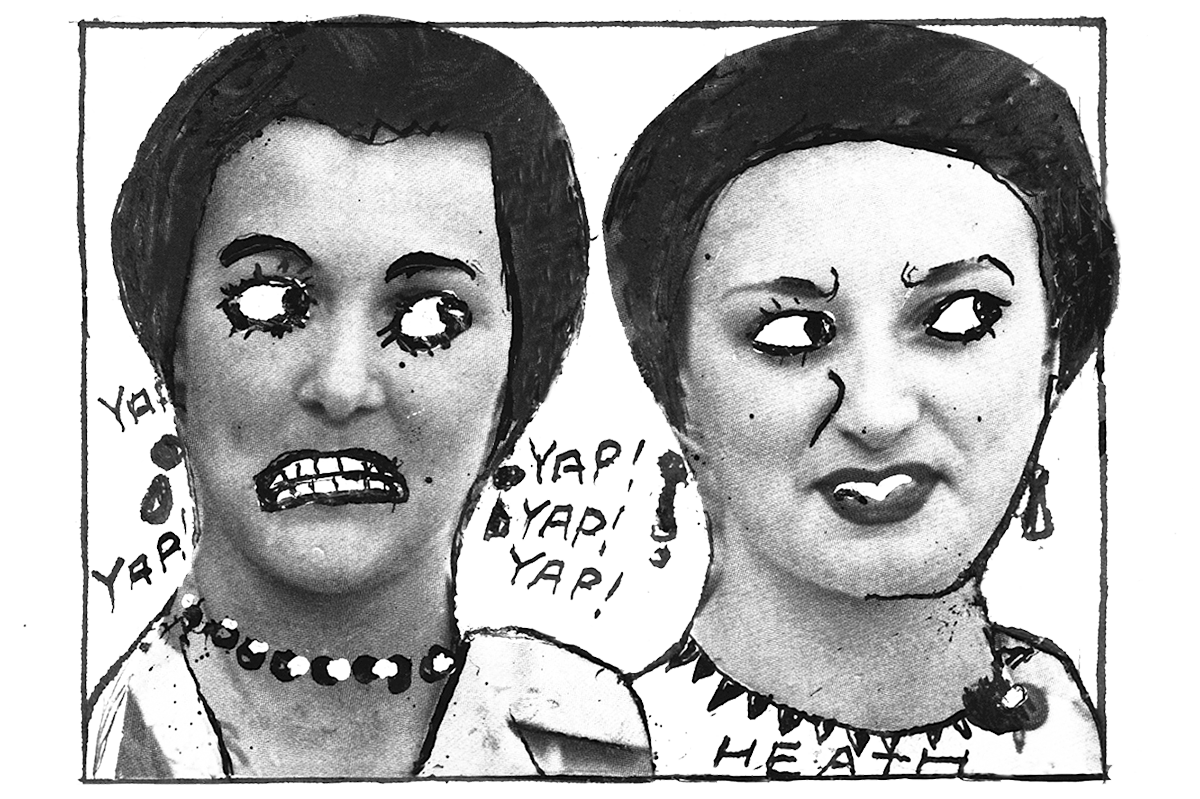The Pope’s autobiography is out and it’s still not entirely clear why. Carlo Musso, the “co-author” of Hope: The Autobiography, says that it was originally intended to be published after his death, but on account of “the new Jubilee of Hope” (the Jubilee Year), and the “circumstances of this moment” (i.e. him not dying), it’s been brought forward.
Truth to tell it reads a bit scrappily, more like a series of interviews, with occasional errors — the Arian heresy, for instance, is not the “Aryan” heresy, presumably a Hitlerian thing. The book is up to date, taking on board his encounter with clerical sex abuse survivors in Belgium last year (he doesn’t mention his brutal going-over by his horrible Belgian hosts) and his meeting a few months ago with transexuals.
For all that, the book covers quite a lot that he’s talked about before, but there are things of interest here. In case you are wondering, he has put a resignation letter in the hands of a papal chamberlain for such time as he is medically unfit to do the job, as Paul VI did, apparently, and would in that case remain in Rome, like Benedict, as pope emeritus.
But apart from a bad knee, which means he has to use a wheelchair, he’s still keen to keep going. And just as he rather meanly stripped out the flummery on his taking office as pope (he turned down the scarlet shoes, the gold cross, the Latin sermon, the velvet mozzzetta, the linen rochet — “they were not for me”) he has planned a similarly pared down funeral. He’s not going to be buried in St. Peter’s but in the basilica of Santa Maria Maggiore, close to the statue of the Virgin called the Regina della Pace. “No catafalque, no ceremony for the closure of the casket, nor the depositing of the cypress casket into a second of lead and a third of oak.” Look, you want to say, it’s not all about you. The symbolism of these things is intended for the viewers, not the man in the catafalque. But Francis is a bit of a puritan.
There are two constituencies who are not wholly pleased with the Pope; with this book, they’re not going to be any happier. One is the liberal wing, which would like the blessing of same sex unions and the ordination of women. The other is liturgical conservatives.
On Fiducia Supplicans, the blessing of gay couples and the divorced and remarried, which went down so very well with the Orthodox churches and in Africa, he is unrepentant. “It is the people who are blessed, not the relationship,” he says. Except that’s not how it looks to a congregation. And he was moved by the visit to the Vatican of a group of transexuals: “Everyone in the Church is invited, including people who are divorced, including people who are homosexual, including people who are transgender.”
But he is very down on gender theory “that seeks to cancel differences on the pretext of making everyone equal.” He is also very down indeed on surrogate pregnancies, “a global business based on the exploitation of a situation of material necessity for the mother,” and good for him. Likewise, he hates euthanasia — interestingly, he condemns it in the context of R.H. Benson’s Lord of the World (“I was deeply struck when I read it”) in which the dystopian England of the future has euthanasia on request (we’ve pretty much got to that point).
But he’s not going to be ordaining women. On female ordination to the diaconate, he says it’s a matter for study (he subcontracted that to a commission) and won’t be ordaining women to the priesthood and episcopate either because it would only aggravate the problem of clericalism (suck that up, liberals). Instead, he says that the answer is to give women more responsibility within the Church, as he has already done, and “enhancing the Marian principle so it is even more important to the Church than the Petrine principle.” In other words, he wants to emphasize the yin of the Virgin Mary as opposed to the yang of St. Peter. He says: “The Church is female — it is not male.” Anyway, no dice for the feminists.
But it’s when he gets to the question of the traditionalist Tridentine Latin mass that his authoritarian streak comes out. His predecessor, Benedict XV, came to a sensible compromise on the celebration of the rite whereby it could be done in various circumstances with the permission of a bishop. Now it’s practically impossible since it requires direct permission from the hostile Vatican Dicastery for Divine Worship. “It is curious,” he says, “to see this fascination for what is not understood, for what appears somewhat hidden, and seems also at times to interest the younger generation. This rigidity is often accompanied by elegant and costly tailoring, lace, fancy trimmings, rochets. Not a taste for tradition but clerical ostentation… sectarian worldliness.”
I think he’s trying to say it’s just camp homosexuals who fancy the whole Tridentine thing. Except the attraction to the traditional Latin mass, which goes back half a millennium and in essentials far further, is shared by many intelligent younger Catholics. The artist David Jones once called the old mass the greatest work of art in history. But Francis is having none of it.
He cites the example of an American bishop who, approached by two young seminarians asking for permission to learn to celebrate mass in Latin, told them to go away first and learn Vietnamese and Spanish, on the basis that these languages were spoken by their parishioners. I would have told this authoritarian episcopal freak where to get off, but then I’m not a candidate for priesthood. Francis is keen on synodality, on the listening church, but presumably mostly when it’s saying what he wants to hear.
And this sums up the curate’s egg character of this pope: when he’s good, he’s very, very good, and when he’s bad, he’s horrid. But he deserves credit for really hating war and weapons of war. He goes on about it constantly in this book, and it comes from the heart. He’s practically the only person in public office who still minds about nuclear weapons — he wanted to be sent on a mission to Japan as a young Jesuit and he’s still obsessed by the horrors of Hiroshima. Funnily enough, the pope he brings to mind here is a previous Benedict — the fifteenth — the one who tried to bring an end to the Great War. He failed of course, and Francis didn’t have any luck offering himself as a mediator in the war in Ukraine either.
Oh and he is fond of jokes. Here is one he gives from Justin Welby, as Archbishop of Canterbury: “‘Do you know what the difference is between a liturgist and a terrorist? With the terrorist, you can negotiate…’ It made me laugh out loud.”


























Leave a Reply